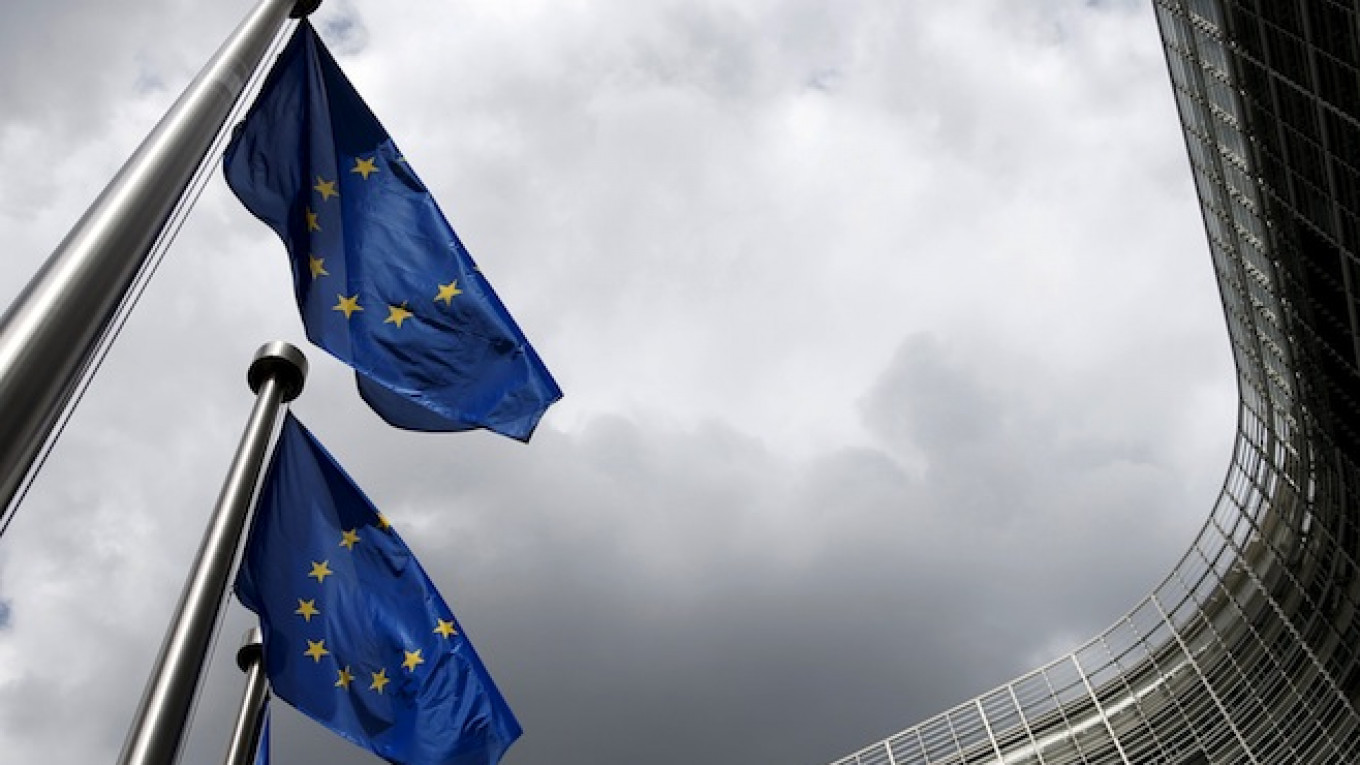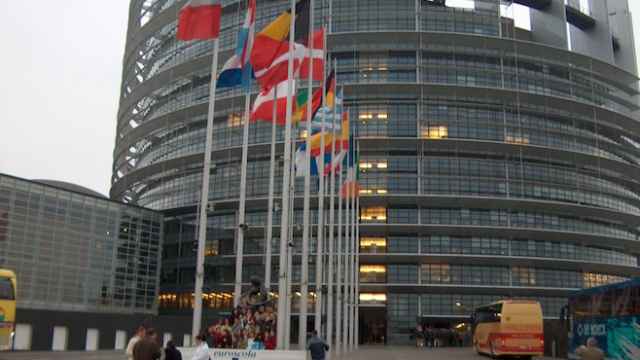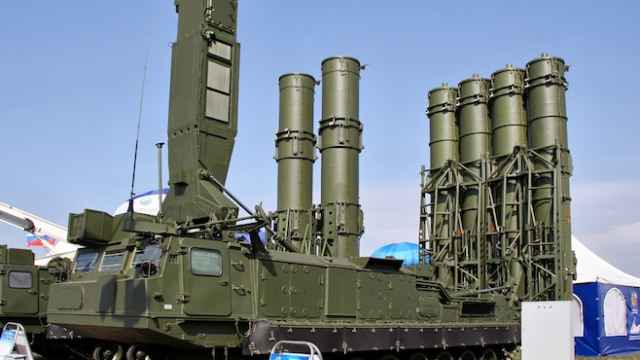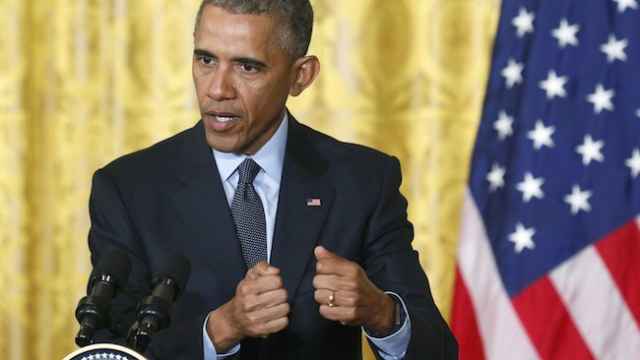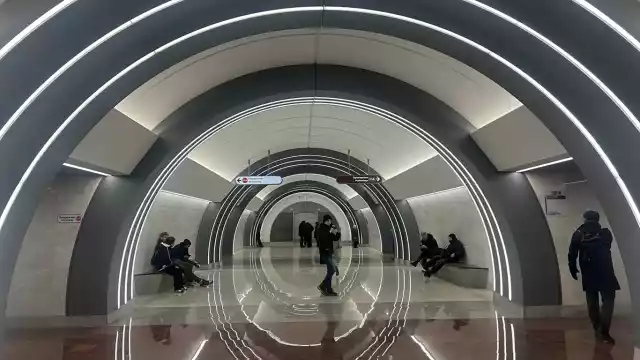BRUSSELS — European Union governments agreed on Wednesday to extend economic sanctions on Russia over its actions in Ukraine by six months until Jan. 31, diplomats said, maintaining unity in the West's tough stance towards Moscow.
The six-month extension was agreed by ambassadors from the 28 EU nations meeting in Brussels.
Ratification of the decision by EU foreign ministers meeting in Luxembourg on Monday is expected to be a formality. The procedure means there will be no formal motion on Russia at an EU leaders' summit in Brussels at the end of next week.
Russian media quoted Finance Minister Anton Siluanov as saying that Moscow had already taken an extension of the measures into account in its economic planning.
The sanctions on Russia's energy, defense and financial sectors, originally imposed in July 2014 for one year, were the EU's toughest response to Moscow's annexation of Ukraine's Crimea region and what the EU said was Russia's support for separatists in eastern Ukraine.
Russia responded by banning imports of most food from the West. The United States has also imposed sanctions on Moscow.
The extension of EU measures comes amid renewed fighting between pro-Russian separatists and Ukrainian troops in eastern Ukraine, in violation of February's Minsk cease-fire agreement, and as Russia and the West again step up recriminations.
It maintains Western unity on sanctions towards Russia despite the reservations that some EU members openly express about the wisdom of imposing sanctions on the bloc's major energy supplier.
Group of Seven leaders meeting in Germany last week said they could step up sanctions against Moscow if violence in Ukraine escalated. U.S. officials said before that meeting that President Barack Obama would urge EU leaders to maintain sanctions on Russia.
EU leaders agreed in March that economic sanctions imposed on Russia would stay in place until a Ukraine peace deal was fully implemented.
That effectively extended sanctions until the end of the year because the Minsk agreement sets a year-end deadline for Kiev to recover full control over its border.
However, EU governments still had to take a formal decision to renew the economic sanctions.
Extending the sanctions until the end of January allows time for EU leaders to assess at their year-end summit in December whether the terms of the Minsk agreement have been met.
A Message from The Moscow Times:
Dear readers,
We are facing unprecedented challenges. Russia's Prosecutor General's Office has designated The Moscow Times as an "undesirable" organization, criminalizing our work and putting our staff at risk of prosecution. This follows our earlier unjust labeling as a "foreign agent."
These actions are direct attempts to silence independent journalism in Russia. The authorities claim our work "discredits the decisions of the Russian leadership." We see things differently: we strive to provide accurate, unbiased reporting on Russia.
We, the journalists of The Moscow Times, refuse to be silenced. But to continue our work, we need your help.
Your support, no matter how small, makes a world of difference. If you can, please support us monthly starting from just $2. It's quick to set up, and every contribution makes a significant impact.
By supporting The Moscow Times, you're defending open, independent journalism in the face of repression. Thank you for standing with us.
Remind me later.


